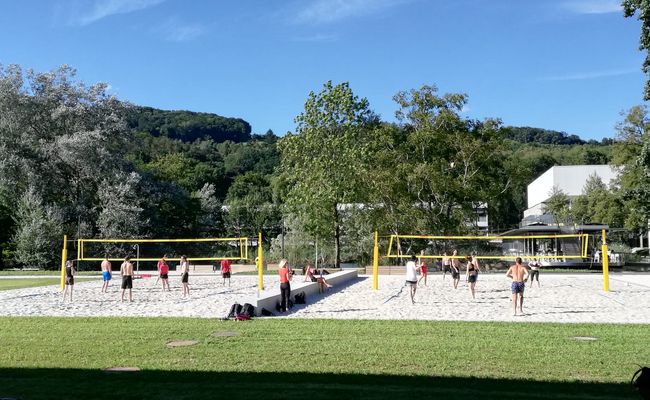The academic degree program in Social Economics focuses on honing in-depth, interdisciplinary problem-solving skills at the crossroads of government, society and business. You will learn how to examine social problems from different academic perspectives, as well as play a key role in developing integral solutions.
The Master's degree program in Sociology is comprised of a comprehensive and in-depth theoretical and empirical analysis of social problems from a sociological perspective.
The Master's degree program in Civic Studies focuses primarily on contributing to one's democratic co-determination in the sense of being an "adult" citizen.
The Master's degree program in Comparative Social Policy and Welfare (COSOPO) is unique in Austria, offering an opportunity to study social policy from a comparative European perspective. Students can study on a part-time basis and part of the program is held at European partner universities. The COSOPO program is held entirely in English.





